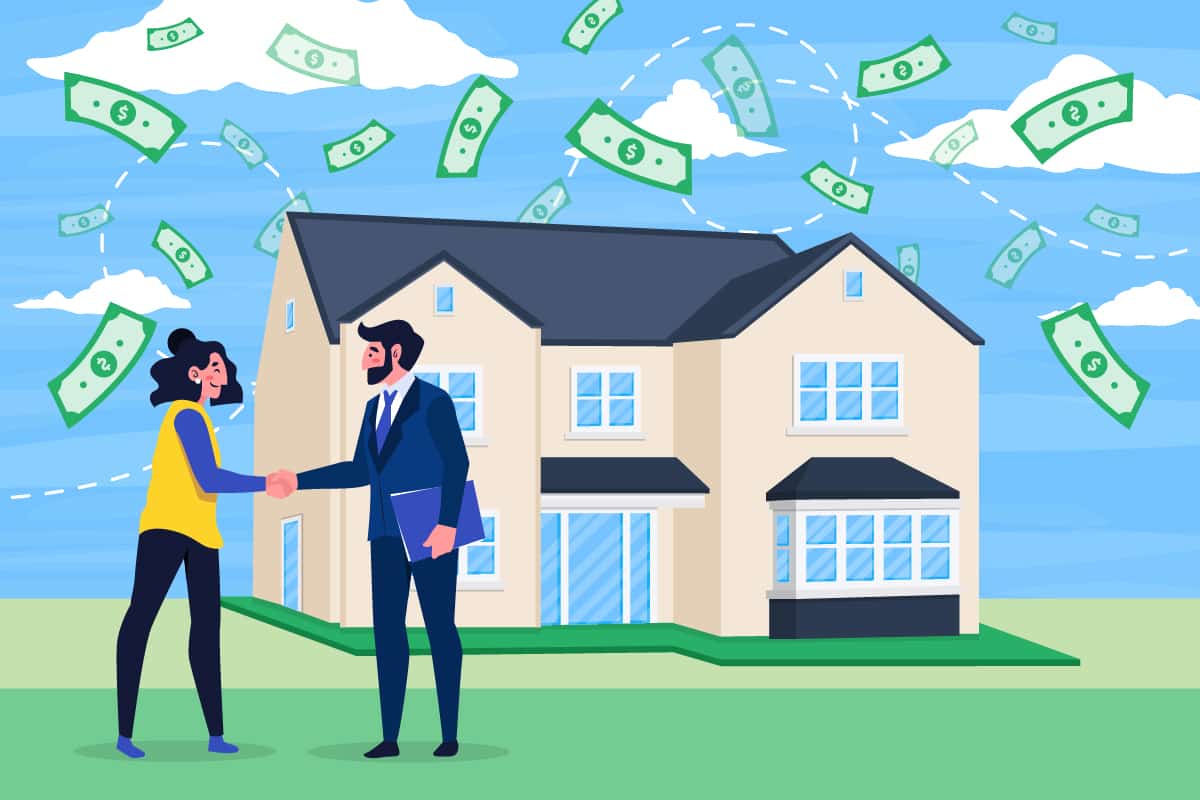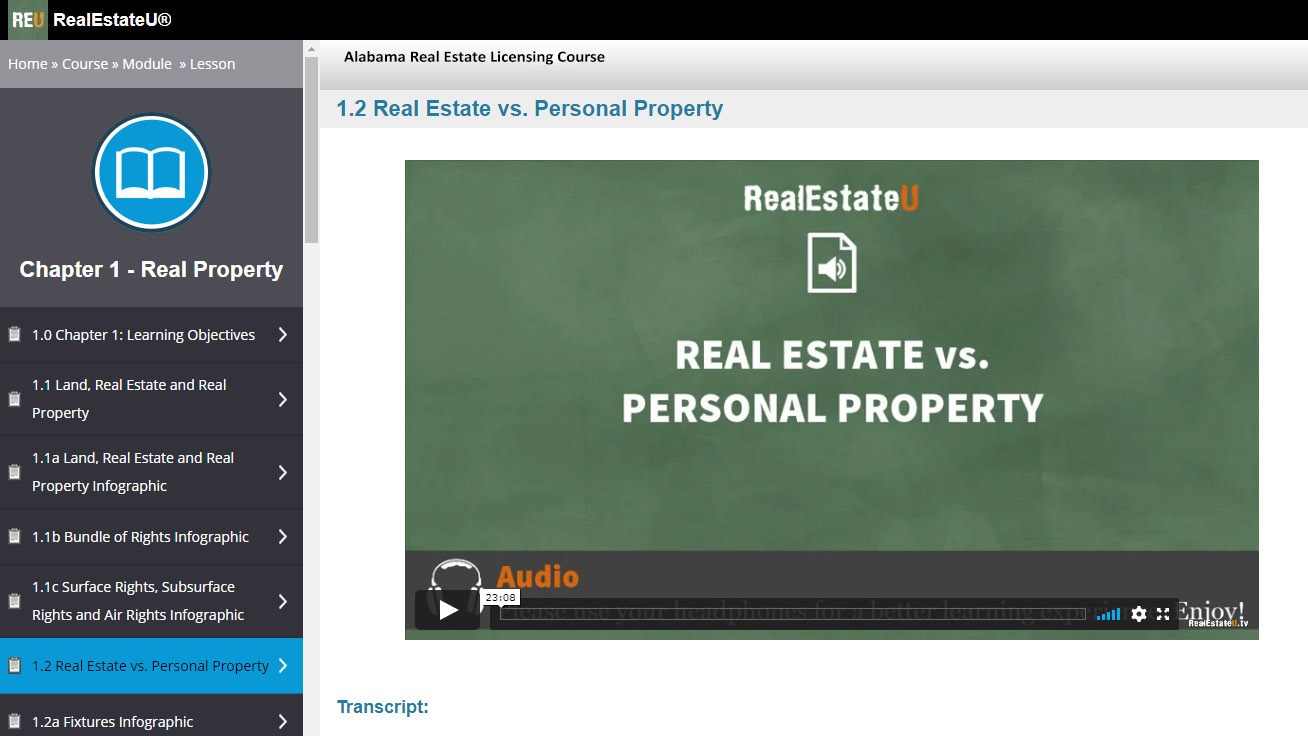
These are just a few ways that you can invest in real property without having to spend any money. You can also consider House hacking, 203k loans, or hard money loans. Another popular option is to partner in equity. You can buy a property and then pay off the mortgage over the next few years. This may not be as easy and straightforward as you think. There are many other ways to invest without spending any money.
House hacking
House hacking is a great strategy to invest in property without investing any money. This involves buying multifamily homes and renting out the remainder. You then sell the property for a profit in two to three years. This strategy can be used to buy single-family homes or multifamily properties. It can be used in certain cases to rent or live free of rent.

203(k), loans
For first-time buyers, the 203(k), or loan, is best. This loan is perfect for houses that require renovation. However, the house must be occupied for at most 12 months. Unexpected repairs can make the process frustrating. However, it is possible to make the entire process easier by working closely with a professional who understands how to apply 203(k).
Hard money loans
You may be wondering how to find a hard money lender if you want to invest in real estate without any money. Hard money lenders are usually flexible with the terms of their loans because they are based on the property's value. Look for lenders with similar goals and who can offer you the financing that you need.
Equity partnership
You've found the right place if you are looking for ways to invest in real property without any money. Even though you might not have enough money to buy a house of your own, there are still many options for acquiring funds. To purchase a home, you can use the money of your family or friends. There are many methods to obtain funds.
Lease option
You can invest in real estate without investing any money by using a lease option. A lease option is when you pay monthly payments and have the possibility of buying the property at a later point. The goal is to line up a tenant that will pay the lease amount and you will receive a deposit from them. You can charge more for the property than you actually own, but the deposit is option money. You will be earning $300 every month with this strategy.

Wholesale deals
If you are looking for a way to invest in real estate wholesale deals with no cash, then this article will give you some tips. Wholesale properties are rarely listed and can offer quick profits. Although it can be difficult to find the right property at an affordable price, there are many benefits to investing in wholesale properties. Wholesale properties should not only be priced below the market value but also have upside potential. As an investor, you'll need to research the local real estate market, curate a buyer's list, and secure a financing source to get started. You can begin by looking into wholesale properties in the area.
FAQ
What should I look for in a mortgage broker?
People who aren't eligible for traditional mortgages can be helped by a mortgage broker. They shop around for the best deal and compare rates from various lenders. There are some brokers that charge a fee to provide this service. Others offer no cost services.
Can I buy a house in my own money?
Yes! Yes. There are programs that will allow those with small cash reserves to purchase a home. These programs include FHA loans, VA loans. USDA loans and conventional mortgages. Visit our website for more information.
How much money will I get for my home?
This varies greatly based on several factors, such as the condition of your home and the amount of time it has been on the market. The average selling price for a home in the US is $203,000, according to Zillow.com. This
What should you consider when investing in real estate?
First, ensure that you have enough cash to invest in real property. You can borrow money from a bank or financial institution if you don't have enough money. You also need to ensure you are not going into debt because you cannot afford to pay back what you owe if you default on the loan.
It is also important to know how much money you can afford each month for an investment property. This amount should include mortgage payments, taxes, insurance and maintenance costs.
You must also ensure that your investment property is secure. It is best to live elsewhere while you look at properties.
What are some of the disadvantages of a fixed mortgage rate?
Fixed-rate mortgages have lower initial costs than adjustable rates. Additionally, if you decide not to sell your home by the end of the term you could lose a substantial amount due to the difference between your sale price and the outstanding balance.
Statistics
- Private mortgage insurance may be required for conventional loans when the borrower puts less than 20% down.4 FHA loans are mortgage loans issued by private lenders and backed by the federal government. (investopedia.com)
- When it came to buying a home in 2015, experts predicted that mortgage rates would surpass five percent, yet interest rates remained below four percent. (fortunebuilders.com)
- This seems to be a more popular trend as the U.S. Census Bureau reports the homeownership rate was around 65% last year. (fortunebuilders.com)
- It's possible to get approved for an FHA loan with a credit score as low as 580 and a down payment of 3.5% or a credit score as low as 500 and a 10% down payment.5 Specialty mortgage loans are loans that don't fit into the conventional or FHA loan categories. (investopedia.com)
- The FHA sets its desirable debt-to-income ratio at 43%. (fortunebuilders.com)
External Links
How To
How to manage a rental property
It can be a great way for you to make extra income, but there are many things to consider before you rent your house. We will show you how to manage a rental home, and what you should consider before you rent it.
Here are the basics to help you start thinking about renting out a home.
-
What are the first things I should consider? Consider your finances before you decide whether to rent out your house. If you are in debt, such as mortgage or credit card payments, it may be difficult to pay another person to live in your home while on vacation. Check your budget. If your monthly expenses are not covered by your rent, utilities and insurance, it is a sign that you need to reevaluate your finances. This might be a waste of money.
-
How much does it cost for me to rent my house? There are many factors that go into the calculation of how much you can charge to let your home. These factors include the location, size and condition of your home, as well as season. Prices vary depending on where you live so it's important that you don't expect the same rates everywhere. Rightmove reports that the average monthly market price to rent a one-bedroom flat is around PS1,400. This would translate into a total of PS2,800 per calendar year if you rented your entire home. While this isn't bad, if only you wanted to rent out a small portion of your house, you could make much more.
-
Is it worth it. You should always take risks when doing something new. But, if it increases your income, why not try it? It is important to understand your rights and responsibilities before signing anything. It's not enough to be able to spend more time with your loved ones. You'll need to manage maintenance costs, repair and clean up the house. Before you sign up, make sure to thoroughly consider all of these points.
-
Are there benefits? Now that you have an idea of the cost to rent your home, and are confident it is worth it, it is time to consider the benefits. Renting out your home can be used for many reasons. You could pay off your debts, save money for the future, take a vacation, or just enjoy a break from everyday life. It's more fun than working every day, regardless of what you choose. And if you plan ahead, you could even turn to rent into a full-time job.
-
How do you find tenants? Once you've decided that you want to rent out, you'll need to advertise your property properly. Listing your property online through websites like Rightmove or Zoopla is a good place to start. Once potential tenants contact you, you'll need to arrange an interview. This will help you evaluate their suitability as well as ensure that they are financially secure enough to live in your home.
-
How do I ensure I am covered? If you are worried about your home being empty, it is important to make sure you have adequate protection against fire, theft, and damage. In order to protect your home, you will need to either insure it through your landlord or directly with an insured. Your landlord will often require you to add them to your policy as an additional insured. This means that they'll pay for damages to your property while you're not there. This does not apply if you are living overseas or if your landlord hasn't been registered with UK insurers. In such cases, you will need to register for an international insurance company.
-
It's easy to feel that you don't have the time or money to look for tenants. This is especially true if you work from home. However, it is important that you advertise your property in the best way possible. It is important to create a professional website and place ads online. It is also necessary to create a complete application form and give references. Some prefer to do it all themselves. Others hire agents to help with the paperwork. In either case, be prepared to answer any questions that may arise during interviews.
-
What happens once I find my tenant If you have a current lease in place you'll need inform your tenant about changes, such moving dates. You can negotiate details such as the deposit and length of stay. While you might get paid when the tenancy is over, utilities are still a cost that must be paid.
-
How do I collect the rent? When it comes time for you to collect your rent, check to see if the tenant has paid. If your tenant has not paid, you will need to remind them. You can deduct any outstanding payments from future rents before sending them a final bill. If you're having difficulty getting hold of your tenant you can always call police. They will not usually evict someone unless they have a breached the contract. But, they can issue a warrant if necessary.
-
How do I avoid problems? Renting out your house can make you a lot of money, but it's also important to stay safe. You should install smoke alarms and carbon Monoxide detectors. Security cameras are also a good idea. You should also check that your neighbors' permissions allow you to leave your property unlocked at night and that you have adequate insurance. Finally, you should never let strangers into your house, even if they say they're moving in next door.